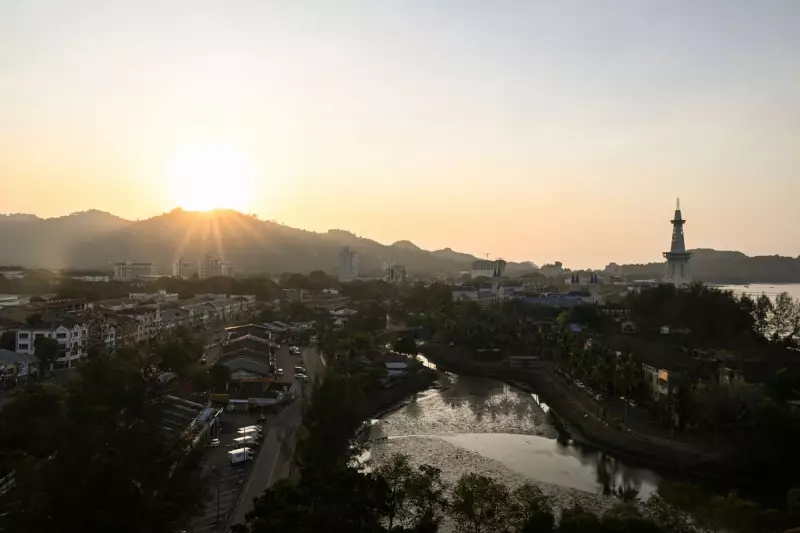
A casual social media post by a Malaysian minister about his morning run has unexpectedly revived a decades-old debate about whether the Southeast Asian nation exists in the wrong time zone.
The Run That Started It All
Malaysian trade and industry minister Tengku Zafrul Aziz recently shared his experience of enjoying an early morning run in Kota Kinabalu, the capital of Sabah state on Borneo. The enthusiastic runner noted that the city's earlier sunrise allowed him to complete his exercise before an 8:30am engagement.
"I bumped into many KK runners today! Power! Let's continue to practise a healthy lifestyle," Mr Aziz wrote on X, formerly known as Twitter.
This seemingly innocent post triggered immediate responses from Malaysians questioning why peninsular Malaysia doesn't enjoy similar early morning daylight.
The Historical Time Shift
Malaysia's time zone controversy dates back to 31 December 1981, when then prime minister Mahathir Mohamad advanced clocks by 30 minutes to align peninsular Malaysia with Sabah and Sarawak on GMT+8.
Prior to this change, peninsular Malaysia operated on GMT+7.30 following the Second World War. Singapore simultaneously adjusted its time to maintain alignment with its northern neighbour, citing concerns about disrupting business and travel connections.
The geographical anomaly means that although Kuala Lumpur and Singapore share roughly the same longitude as Bangkok and Jakarta, they run an hour ahead on the clock. Instead, they align with Manila, which lies significantly further east.
Health and Economic Consequences
Critics argue this artificial time shift creates significant public health concerns. The GMT+8 alignment pushes sunrise in peninsular Malaysia to around 7am, considerably later than Jakarta's 5:30am or Manila's 6am sunrise times.
This discrepancy, opponents claim, limits valuable morning daylight and disrupts natural circadian rhythms. A niche but persistent group on social media platform X has campaigned for years to return Malaysia to GMT+7.
Campaigners suggest that more morning sunlight could help address health issues including diabetes and obesity by better aligning human activity patterns with natural light cycles.
When parliament revisited the proposal in March 2024, the government acknowledged potential health benefits but emphasised major economic consequences from altering the time zone.
"The government is not willing to shift away from what was decided in 1981," stated then minister of investment, trade and industry Liew Chin Tong.
The response to Minister Aziz's post demonstrates that public sentiment continues to favour change, with one commenter demanding: "BRING BACK GMT +7 to Semenanjung!!" - using the local term for peninsular Malaysia.
As the debate continues, Malaysia remains caught between potential health improvements and the economic disruption that might accompany returning to a geographically appropriate time zone.






